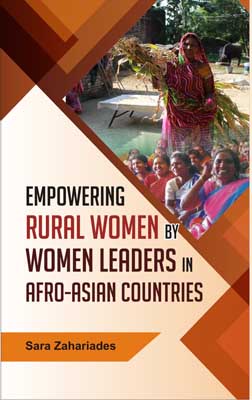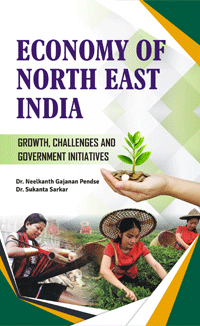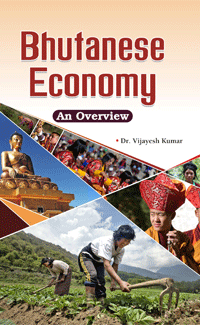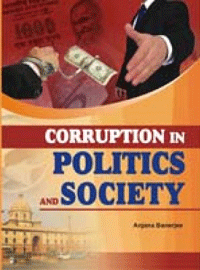Description
About the Book
This book introduces the theory of comparative advantage. According to Ricardo’s theory, even if a country produces everything more efficiently than another country, it would reap gains from specializing in what it was best at producing and trading it with other nations. Ricardo believed that wages should be left to free compe-tition, so there are no restrictions on the importation of agricultural products from abroad. The benefits of comparative advantage are both distributional and related to improved real income. Within Ricardo’s theory distributional effects included that foreign trade could not directly affect profits because profits respond only changes to the level of wages. The effects on income are always beneficial because foreign trade does not affect value.
About the Author
David Ricardo (1772–1823), an eminent political economist, he is often credited with systematising economics, and one of the most influential of the classical economists. He was also a businessman, financier and speculator, and amassed a considerable fortune. At age 14, after a brief schooling in Holland, Ricardo joined his father at the London Stock Exchange, where he began to learn about the workings of finance. He wrote his first economics article at the age of 37 and within another ten years he reached the height of his fame. Ricardo was a close friend of James Mill, who encouraged him in his political ambitions and writings about economics. His other notable friends were Jeremy Bentham and Thomas Malthus, with whom Ricardo had a considerable debate (in corres-pondence) over such things as the role of land owners in a society.











Reviews
There are no reviews yet.